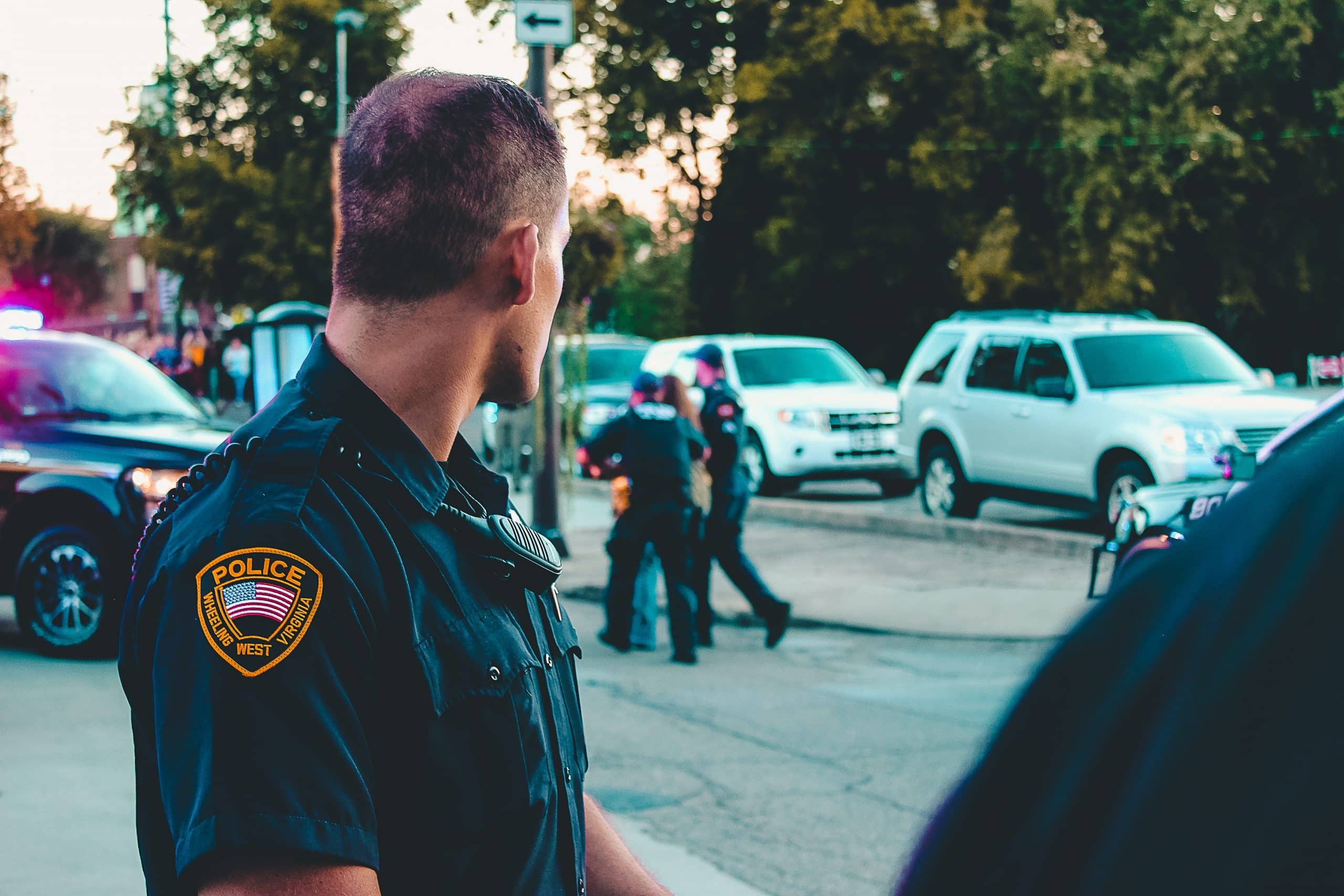For decades, Maryland and dozens of other states across the union have upheld a special set of rights for cops which citizens do not get to enjoy. It was called the police bill of rights and it shielded cops from accountability by blocking civilian inquiries into misconduct on the force and erasing records of complaints filed against officers after a period of time. But this special privilege and above the law status is no longer.
According to the Maryland Coalition for Justice and Police Accountability, the special rights enjoyed by police in the state are vast. They include:
- Generous protections during the investigation of misconduct
- Limits on what discipline can be imposed for certain infractions
- Strict time limits on alleging a complaint, including for police brutality.
- Allowing only other law enforcement officers to investigate misconduct
- Allowing a delay before questioning an officer about misconduct
- Expungement of disciplinary records
“As a result, only a very small percentage of complaints actually result in discipline. At the very least, we must know that law enforcement agencies are taking police discipline seriously, and not protecting officers who engage in misconduct,” the group wrote in a statement.
A battle to remove this blue privilege in Maryland has been brutal and came to a head on Friday when Governor Larry Hogan vetoed legislation that was set to end the police bill of rights. The governor vetoed three of the five bills in the police accountability package, claiming the legislation would be devastating to police recruitment and public confidence.
“These bills would undermine the goal that I believe we share of building transparent, accountable, and effective law enforcement institutions and instead further erode police morale, community relationships, and public confidence,” Hogan said in a statement. “They will result in great damage to police recruitment and retention, posing significant risks to public safety throughout our state.”
If people quit being cops because they will actually have to be held accountable for violating a citizen’s rights, this is a good thing, However, police state proponents like Hogan keep screaming it from the rooftops as a reason not to follow through with police reform measures.
Because they held no water, Hogan’s vetoes fell on the battleground Saturday when the state legislature voted to override all three vetoes and Maryland became the first state in the country to end the police bill of rights.
On top of holding officers accountable for their actions, the legislation also revamps the process for no-knock warrants forcing officers to apply for approval by a supervisor and the State’s Attorney and between 8 a.m. and 7 p.m., outside of “exigent circumstances.”
Police officers are now also required to use force only if it is “necessary and proportional” to the situation. The new legislation states that such force can only be used to halt “an imminent threat of physical injury” or to “effectuate a legitimate law enforcement objective.” If an officer has been found to use excessive force, they can now be subject to a criminal penalty. The training and use-of-force limits begin in July of next year, while body cameras will be statewide by July 2025, according to a report from the Intelligencer.
The new legislation also opens up the police disciplinary process to civilians by establishing local administrative charging committees which will recommend what sort of internal discipline a cop should face.
Previously, officers’ discipline records have been shielded from public scrutiny as well but thanks to this new legislation, bad cops can no longer hide their records from the citizens they serve.
“Maryland is leading the country in transforming our broken policing system,” Maryland House of Delegates Speaker Adrienne Jones wrote in a tweet Saturday. “Now, for the first time in our nation’s history, the rights of officers will not be held above the rights of individuals, and policing in Maryland will be transparent and citizen-centered.”
Hopefully, this legislation leads to real change and states across the country stop treating cops like a protected class that can lay waste to rights with impunity.
This article was originally featured at The Free Thought Project and is republished with permission.
































